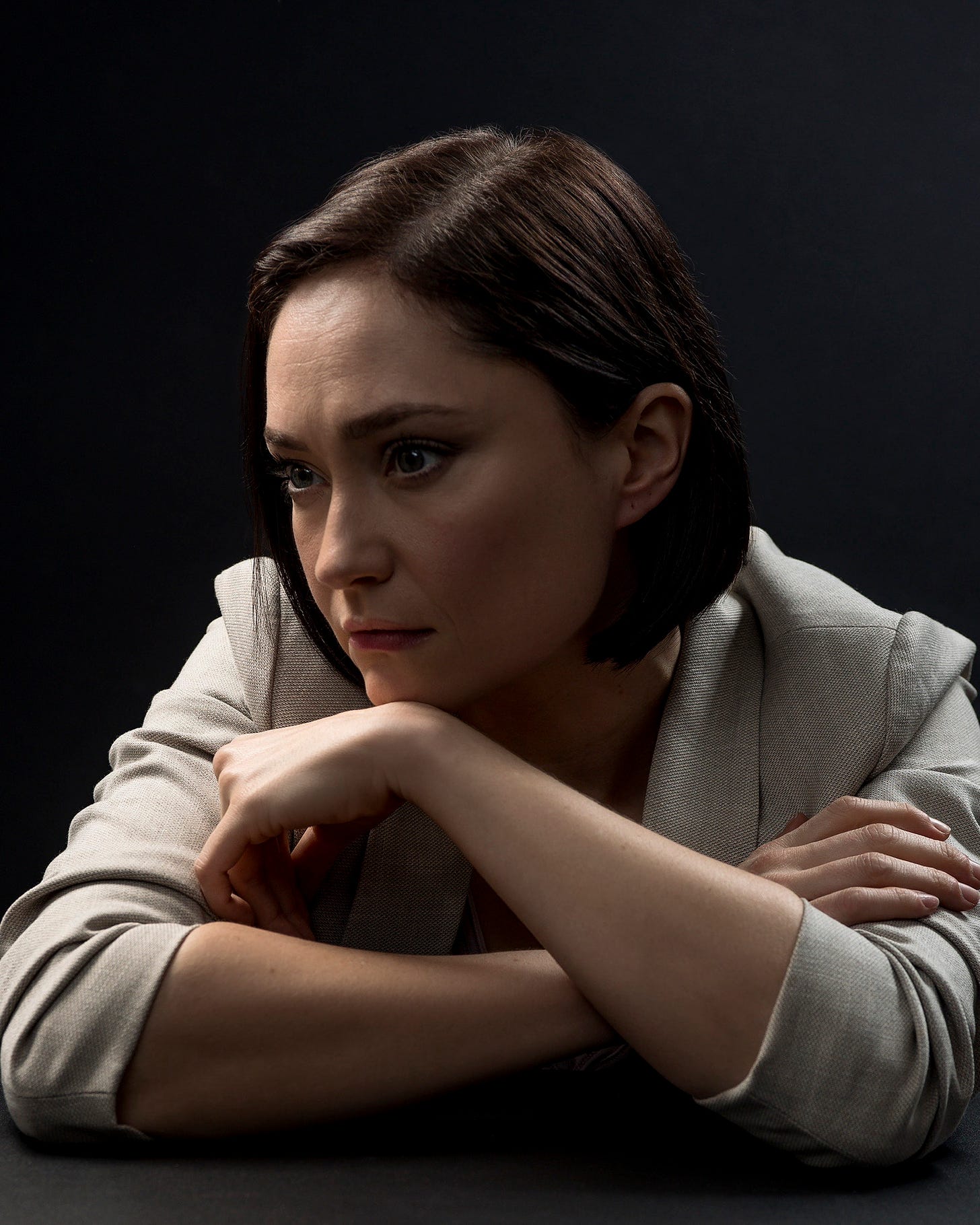I turn my back to the cave wall and look out. The slope of the hill and a little green bramble with a spray of yellow flowers partially obscures one side of the opening and on the other side I see the green-gray sea reaching to the horizon. I think, I could live here if I had to.
THE TRAGEDY OF THE ROSEMARKIE SEAL BY EMILY NEVES 34THPARALLEL MAGAZINE ISSUE 103
A sign says, “Caird’s Cave, 1.2 km”, with an arrow. If there’s a cave I have to see it. I take up the trail, the hills I hiked earlier that day springing up to my left, a patchwork of emerald and muted rust and gold and winter-tree gray against a sky the color of an old, dingy sock. The churning bay roars softly to my right. The crunch of gravel beneath my boots, the whistle of the coastal wind, and the cool mist on my face lull me into a sort of walking trance.
I attempt the math of converting one-point-two kilometers to miles but decide I don’t care. It will take the time that it takes. Crunch, crunch, crunch go my boots.
Then I wonder what would happen if I fell. How long would it be before someone found me? I have my phone and a power bank to charge it. I could call for help. Still.
Ever since you died I do not fear death. All things die. All is fair because nothing is fair. Nature is not so much cruel as indifferent. She took you from me all too soon but not out of malice. All life is transitory and not a day passes without the excruciating brevity of your life reminding me. You went and then Christian went 10 years later, dumping me twice into the wine-dark depths of grief. While I did not dissolve into the abyss, its alchemical brine changed me forever.
This place seems so remote but then I spy a woman with her dog down on the beach and realize it isn’t as far-flung as it feels.
I leap over a stream that flows into the sea. I press higher. After a while there is nowhere further to go. I turn back and I am startled by how far down it is to the stream. I step unevenly on a rock and it flips out from under my boot. My body lurches backward, my feet sliding out from beneath me. I bend my knees like a surfer and coast. The toothy tread of my boots grips the soil, and I grab an outcropping of granite.
My heart pounds like a tribal drum and my vision quivers with each thundering contraction. I take a deep breath. I note that I might not be as fearless as I thought. In some alternate timeline, I think, I just plummeted to my death.
Making my way back down I scan the trail to the end of where I can discern it, I try to track it past the stream. I can’t. I walk closer to the bank opposite where the footpath meets the stream, and there, I see it. The path is obscured by tall marram grass this side of the syke, a few feet downstream.
Rounding a little outcropping, I glance up, and the misty majesty of the Scottish coastline stops me in my tracks. I take out my phone and frame the landscape, the rust and yellow grass at my feet, the black granite crumbling into the green-gray sea, and three cliffs beyond, like the extended front paws of giant sphinxes, each more muted than the last by the distant, vaporous air. The sea and the sky are almost the same color, the sea slightly darker and greener, and the sky holding more blue tones. As soon as I take this photo I make it my home screen.
Breathing in the cool, wet, salty air, I feel more at home here than anywhere else on earth. Here all illusions of separation from nature evaporate into the fog with every exhalation. I am the burn that flows into the sea. I am the rock and the sand. I am the dormant grasses and dripping emerald moss. I am the churning bay.
My eyes scan the terrain to my landward side, and I see a gaping black maw in the foot of the ancient granite. Pareidolia takes over and I perceive a ghastly face lying on its side, the visage of a slain giant, the trail furling out from its mouth, a lolling, serpentine tongue cutting through the marram grass.
I raise my phone and hit record as I approach the mouth. “Dare I enter?” I whisper to myself and my future audience. “I think I do.” Of course I do. This is what I came for.






